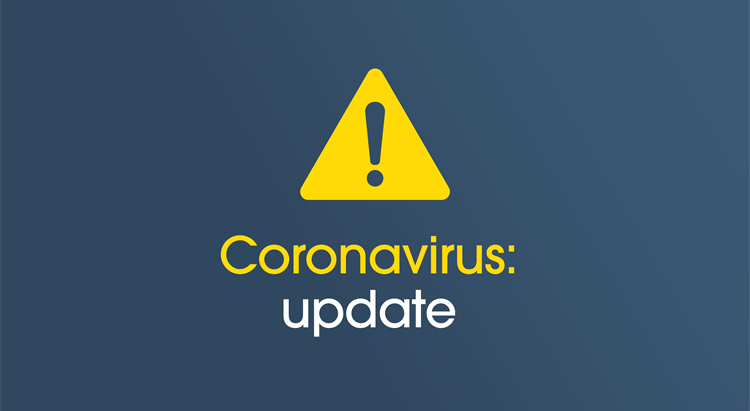27 March 2020

Updated public health advice has been given for entire households to isolate if any household member shows symptoms of Coronavirus.
If one or more individuals within a household develops a new continuous cough and/or fever with or without headache, tiredness, muscle aches, sore throat, blocked or runny nose or gastrointestinal fever then the person or people with symptoms must immediately self isolate within the home and anyone else living within that home must also isolate.
If someone lives with others and experiences symptoms, the person who is first unwell must self isolate within one room of the home if possible until either clear of symptoms or for a minimum of 7 days-whichever is the longer time period.
All other members of the household must isolate for a minimum of 14 days as they may be carrying the virus but have no symptoms. If they develop symptoms, they should isolate until clear of symptoms or for 7 days after any symptoms are first shown whichever is the longest. Everyone must continue to practice strict social distancing after their isolation period has ended.
Should one household member develop Coronavirus symptoms late in the 14-day household isolation period (for example, on day 13 or day 14) the isolation period does not need to be extended for all members of the household, but the person with the new symptoms must stay at home whilst they have symptoms or for a minimum of 7 days-whichever is the longest time period, from the date that they first started showing symptoms.
If someone lives alone and experiences symptoms, the minimum isolation duration is 7 days after the symptoms first appear.
The Medical Officer of Health Dr Ivan Muscat said: “People living together are of course more likely to infect each other. If the entire household isolates when one person has symptoms, it will reduce the rate of infection passed on in the community by other household members who may not be showing symptoms.”
If someone who is unwell lives with anyone over 65 or anyone with existing health conditions that make them vulnerable; those older and vulnerable household members should:
- keep away from the unwell person/people as much as physically possible
- consider moving out of the household to other friends and family who do not have symptoms
While household isolation is taking place, the entire household must refrain from leaving the house at all, other than for a short period of exercise or essential shopping. If leaving the house, social distancing measures, including staying away from other families and friends while maintaining 2 metres between anyone, must be strictly followed.
Dr Ivan Muscat continued: “People isolating within the household must continue with regular hand washing, using soap and water. If anyone within the household is concerned about their symptoms, they should contact their GP by phone for further advice or in the event of an emergency phone 999. Do not attend your GP or the emergency department unannounced.”
Households needing to isolate should contact the Government of Jersey Helpline on 01534 445566 to receive advice on food and medicine deliveries.